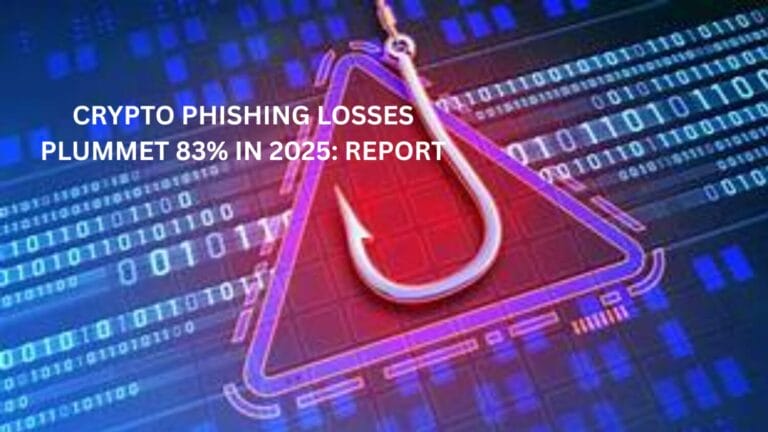Key Takeaways
- Under the proposed legislation, staking rewards would be classified as created property under the U.S. tax code,
- The bill states that taxes on block rewards from PoW or PoS networks should only be applied upon their sale or exchange, rather than at the point of acquisition.
In a significant development, Congressman Drew Ferguson and Wiley Nickel introduced the Providing Tax Clarity for Digital Assets Act to the U.S. House of Representatives on April 30.
The bipartisan effort seeks to establish clear guidelines regarding the taxation of staking rewards, aiming to prevent instances of double taxation that have plagued investors and businesses alike.
“The United States’ treatment of digital asset rewards is overly complex – leading to confusion by investors, double taxation, and American businesses relocating overseas,” remarked Rep. Ferguson. “The Providing Tax Clarity for Digital Assets Act would give the industry desperately wanted tax clarity, establish United States leadership in digital asset tax treatment, and encourages innovation and business in the United States.”
Under the proposed legislation, staking rewards would be classified as created property under the U.S. tax code, with taxes on block rewards collected at the time of acquisition.
The bill further stipulates that taxes on block rewards from proof-of-work or proof-of-stake networks should only be applied upon their sale or exchange, rather than at the point of acquisition.
The cryptocurrency advocacy group Coin Center has endorsed the bill, highlighting its potential to resolve major issues with the current taxation framework. Coin Center further reiterated the significance of properly classifying block rewards as value creation rather than income. Similarly, the Proof of Stake Alliance (POSA) also welcomed the legislation, dubbing it as a “common-sense clarification of existing law.”
In a statement, POSA emphasized the importance of promoting tax fairness and compliance by ensuring that block rewards are taxed only when they are sold or exchanged, rather than being subject to double taxation.
This is not the first time Rep. Nickel has supported pro-crypto regulations. In 2023, he played a pivotal role in advancing digital asset legislation with the Financial Innovation and Technology Act.
The latest development comes amid the Internal Revenue Service(IRS) issuing a ruling stating that crypto investors earning rewards from staking services should include the value of those rewards in their gross income. Further, in 2025, the IRS also plans to enhance its supervision of crypto transactions by mandating brokers to report investor sales and exchanges associated with such transactions.










